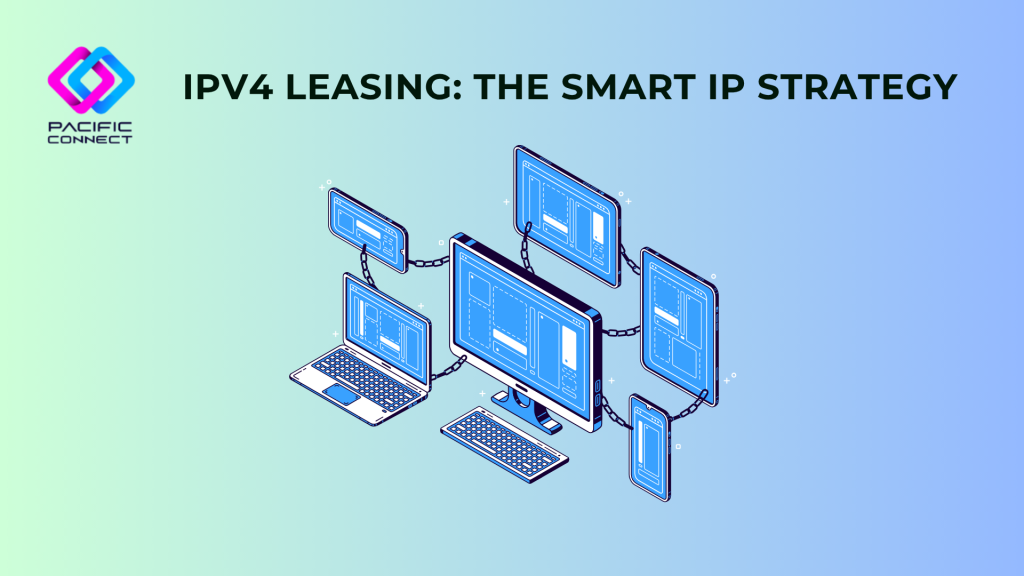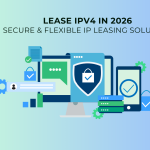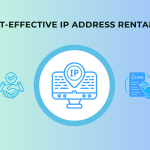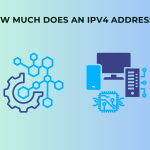In an era where digital transformation is paramount, the demand for IP addresses has surged, leading to the exhaustion of IPv4 addresses. Businesses seeking to expand their digital footprint face the challenge of acquiring these scarce resources. IPv4 leasing emerges as a strategic solution, offering flexibility and cost-efficiency without the hefty investment of purchasing IP addresses.
Understanding IPv4 Leasing
IPv4 leasing involves renting IP address blocks for a specified period, allowing businesses to utilize them without permanent ownership. This approach provides immediate access to IP resources, enabling companies to scale operations swiftly and efficiently.
Benefits of Leasing IPv4 Addresses
1. Cost-Effectiveness
Leasing eliminates the need for significant upfront capital, converting what would be a capital expenditure into an operational one. This financial flexibility is especially beneficial for startups and businesses with fluctuating IP needs.
2. Scalability
As businesses grow, their IP requirements evolve. Leasing allows for easy scaling, enabling companies to adjust their IP resources in alignment with their current demands.
3. Speedy Deployment
Acquiring IP addresses through leasing is typically faster than purchasing, facilitating quicker deployment of services and applications.
4. Maintenance and Support
Leased IP addresses often come with management and support services, reducing the administrative burden on internal IT teams and ensuring optimal performance and security.
Lease IPv4 Addresses: A Strategic Move
Choosing to lease IPv4 addresses is not merely a temporary fix but a strategic decision. It allows businesses to:
Adapt Quickly: Respond to market changes and customer demands with agility.
Optimize Resources: Allocate financial and human resources more effectively.
Focus on Core Competencies: Concentrate on primary business activities while the leasing provider handles IP management.
Implementing IPv4 Leasing in Your Business
To effectively integrate IPv4 leasing into your business strategy:
Assess Your Needs: Determine the number of IP addresses required and the duration of use.
Choose a Reputable Provider: Partner with a provider that offers reliable service, support, and clean IP addresses.
Plan for Integration: Ensure that leased IP addresses are seamlessly integrated into your existing network infrastructure.
Monitor and Evaluate: Regularly assess the performance and cost-effectiveness of the leased IP addresses to make informed decisions about future needs.
Conclusion
In the face of IPv4 address scarcity, leasing presents a viable and strategic option for businesses aiming to expand and adapt in the digital landscape. By opting to lease IPv4 addresses, companies can achieve operational flexibility, cost savings, and rapid scalability, positioning themselves for sustained growth and success.
FAQs
IPv4 leasing is the process of renting IPv4 address blocks for a specified period, providing businesses with temporary access to IP addresses without purchasing them outright.
Leasing offers financial flexibility, scalability, and quicker access to IP resources, making it ideal for businesses with dynamic needs or limited capital.
Leasing allows businesses to adjust their IP address allocations in response to growth or changing demands, facilitating seamless scalability.
Potential risks include dependency on the leasing provider and the need to ensure that leased IP addresses are clean and not blacklisted. Choosing a reputable provider mitigates these risks.
Yes, leased IPv4 addresses can be utilized across various business operations, including hosting services, email marketing, and cloud applications, provided they comply with the provider's terms of use.






